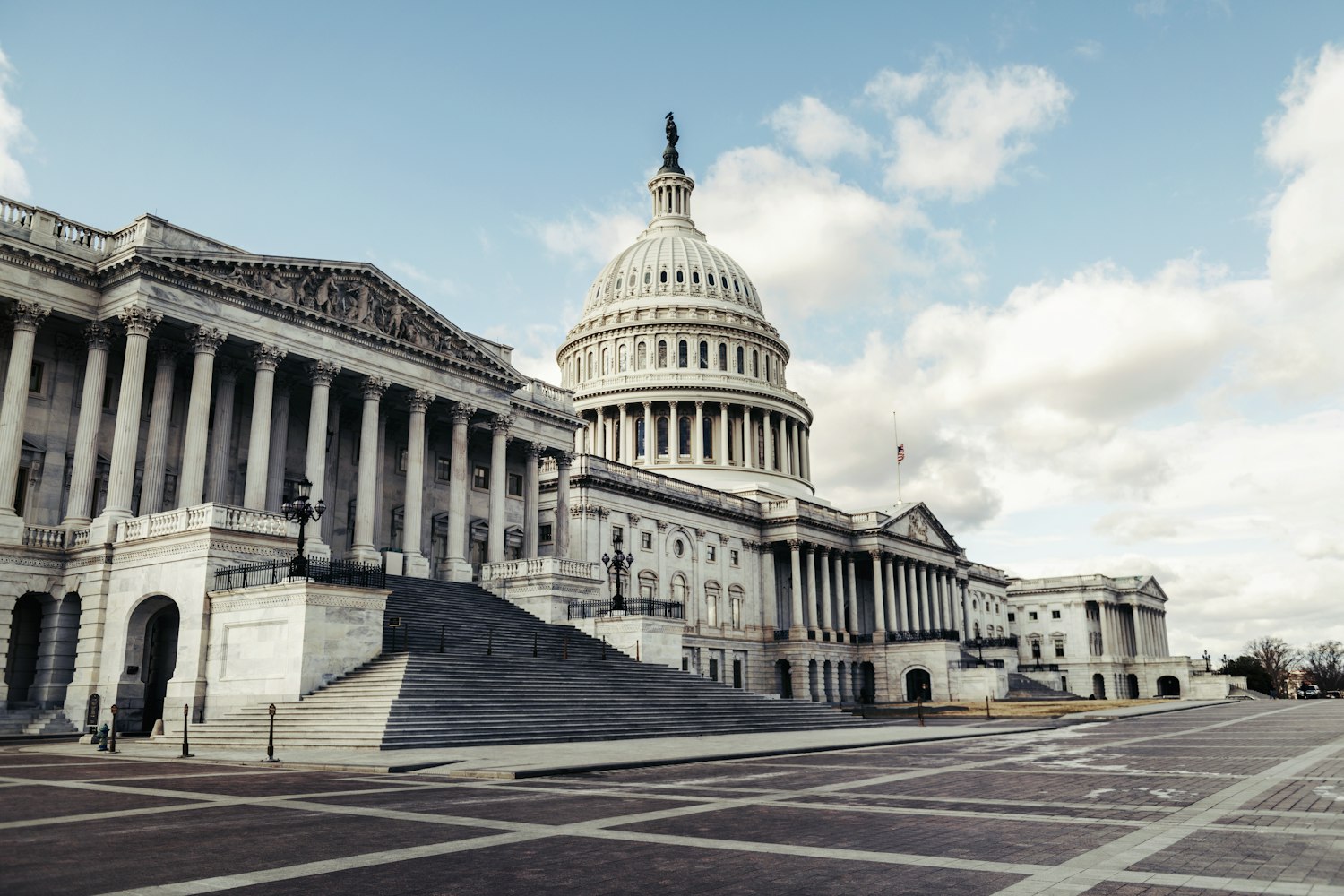Statement Regarding House Energy & Commerce Hearing : “Legislative Solutions to Protect Kids Online and Ensure Americans’ Data Privacy Rights”

Center for Digital Democracy
April 17, 2024
Washington, DC
Contact: Katharina Kopp, kkopp@democraticmedia.org
Statement Regarding House Energy & Commerce Hearing : “Legislative Solutions to Protect Kids Online and Ensure Americans’ Data Privacy Rights”
The following statement can be attributed to Katharina Kopp, Ph.D., Deputy Director, Center for Digital Democracy:
The Center for Digital Democracy (CDD) welcomes the bi-cameral and bi-partisan effort to come together and produce the American Privacy Rights Act (APRA) discussion draft. We have long advocated for comprehensive privacy legislation that would protect everyone’s privacy rights and provide default safeguards.
The United States confronts a commercial surveillance crisis, where digital giants invade our private lives, spy on our families, and exploit our most personal information for profit. Through a vast, opaque system of algorithms, we are manipulated, profiled, and sorted into winners and losers based on data about our health, finances, location, gender, race, and other personal information. The impacts of this commercial surveillance system are especially harmful for marginalized communities, fostering discrimination and inequities in employment, government services, health and healthcare, education, and other life necessities. The absence of a U.S. privacy law not only jeopardizes our individual autonomy but also our democracy.
However, our reading the APRA draft, we have several questions and concerns, suggesting that the document needs substantial revision. While the legislation addresses many of our requirements for comprehensive privacy legislation, we oppose various provisions in their current form, including
- Insufficient limitations on targeted advertising and de-facto sharing of consumer data: The current data-driven targeted ad supported business model is the key driver of commercial exploitation, manipulation, and discrimination. APRA, however, allows the continuation and proliferation of “first party” targeted advertising without any recourse for individuals. Most of the targeted advertising today relies on first party advertising and widely accepted de-facto sharing practices like “data clean rooms.” APRA should not provide any carve-out for first-party targeted advertising.
- Overbroad preemption language: APRA’s preemption of state privacy laws prevents states from implementing stronger privacy protections. Considering that it took the U.S. three decades to pass any comprehensive privacy legislation since the establishment of pervasive digital marketing practices, it would be short-sighted and reckless to believe that the current form of APRA can adequately protect online privacy in the long run without pressure from states to innovate. Technology and data practices are rapidly evolving, and our understanding of their harms are evolving as well. The preemption language is particularly careless, especially since there are almost no provisions giving the FTC the ability to update APRA through effective rulemaking.
CDD strongly supports the Children and Teens' Online Privacy Protection Act (COPPA 2.0), HR 7890. Children and teens require additional privacy safeguards beyond those outlined in APRA. Digital marketers are increasingly employing manipulative and unfair data-driven marketing tactics to profile, target, discriminate against, and exploit children and teens on all the online platforms they use. This is leading to unacceptable invasions of privacy and public health harms. The Children and Teens' Online Privacy Protection Act (COPPA 2.0) is urgently needed to provide crucial safeguards and to update federal protections that were initially established almost 25 years ago. We commend Rep. Walberg (R-Mich.) and Rep. Castor (D-FL) for introducing the House COPPA 2.0 companion bill. The bill enjoys strong bipartisan support in the U.S. Senate. We urge Congress to promptly pass this legislation into law. Any delay in bringing HR 7890 to a vote would expose children, adolescents, and their families to greater harm.
CDD strongly supports the Kids Online Safety Act (KOSA) and believes that children and teens require robust privacy safeguards and additional online protections. Social media platforms, such as Meta, TikTok, YouTube, and Snapchat, have prioritized their financial interests over the well-being of young users for too long. These companies should be held accountable for the safety of America's youth and take measures to prevent harms like eating disorders, violence, substance abuse, sexual exploitation, addiction-like behaviors, and the exploitation of privacy.
We applaud the efforts of Reps. Gus Bilirakis (R-FL), Kathy Castor (D-FL), Erin Houchin (R-IN), and Kim Schrier (D-WA), on the introduction of KOSA. The Senate has shown overwhelming bipartisan support for this legislation, and we urge the House to vote on KOSA, adopt the Senate's knowledge standard, and make the following amendments to ensure its effectiveness:
- Extend the duty of care to all covered platforms, including video gaming companies, rather than just the largest ones.
- Define the "duty of care" to cover "patterns of use that indicate or encourage addiction-like behaviors" rather than simply “compulsive usage”. This will ensure a broader scope that addresses more addiction-like behaviors.
- Retain the consideration of financial harms within the duty of care.
We believe these adjustments will improve the much-needed safety of young internet users.
###
